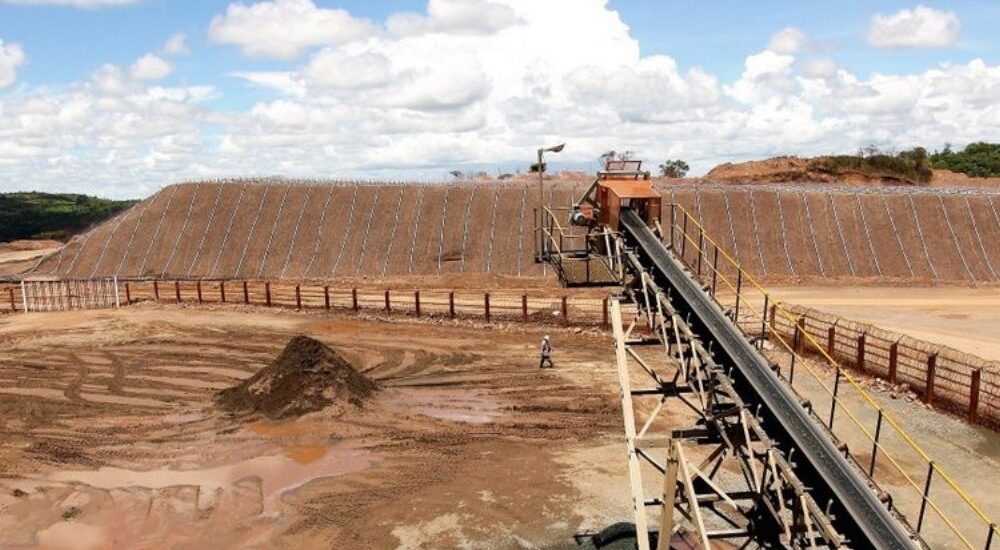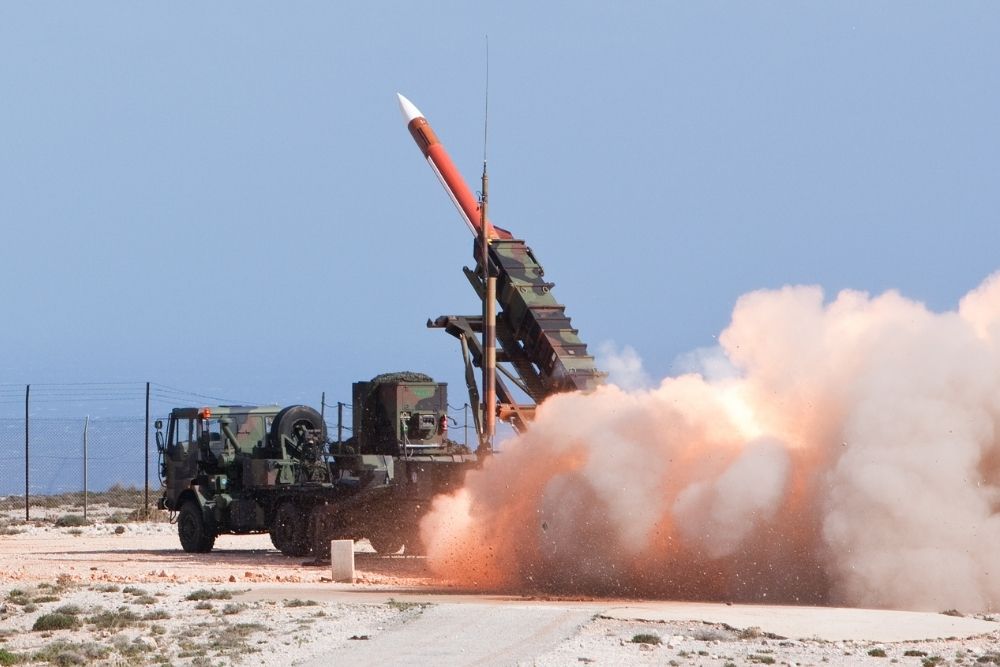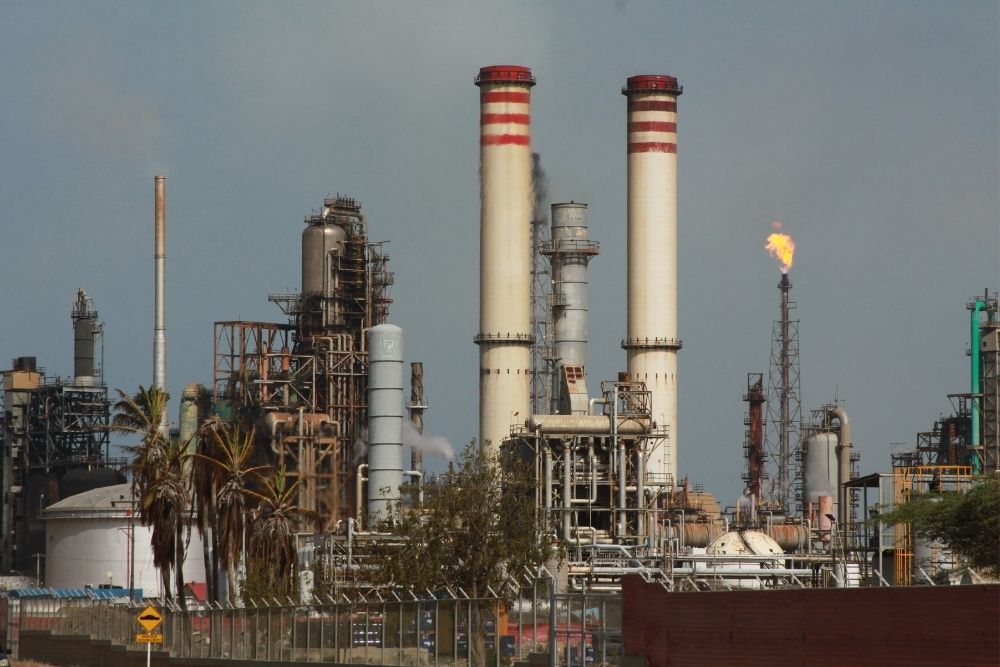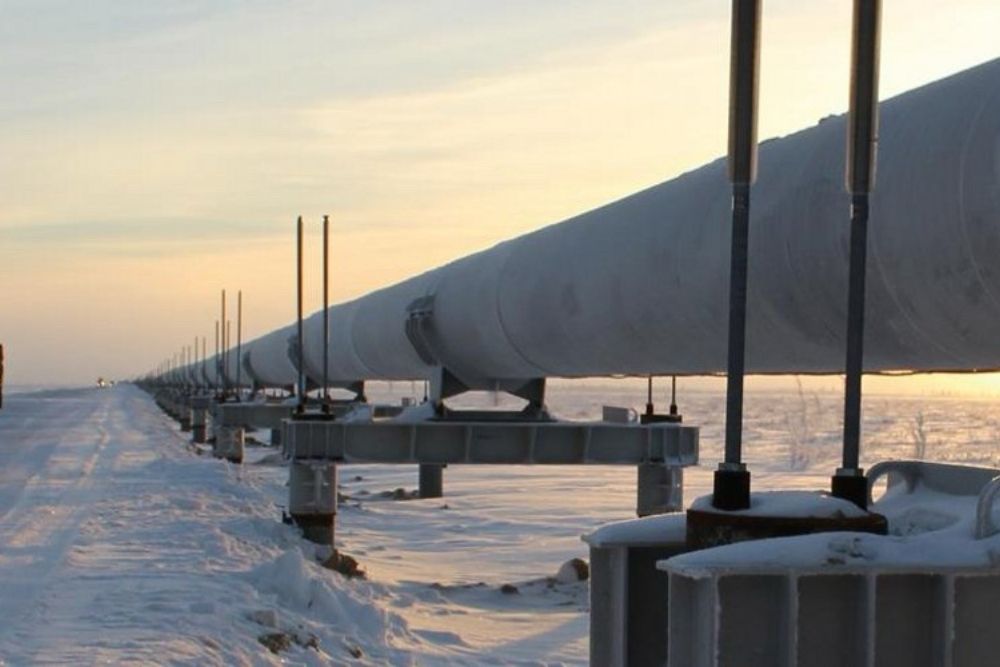DR Congo wants to nationalize some copper, cobalt deposits
- August 25, 2023
- Posted by: Quatro Strategies
- Categories: Africa, Mining & Metals, Rare Earths & Commodities

The Democratic Republic of Congo (DRC) is taking steps to regain control over its valuable copper and cobalt deposits, which are crucial for the production of electric vehicle batteries and other green technologies. The move is driven by concerns that mining companies, particularly Eurasian Resources Group (ERG), have been too slow to develop these assets. ERG is a Kazakh-backed mining company and a significant cobalt producer in the DRC.
The DRC government, along with its state-owned mining company Gecamines, is reportedly seeking to buy back some of the mining and exploration permits owned by ERG. The government aims to gain more control over its mineral resources and ensure their sustainable development. The initiative is part of a broader trend in the DRC to have a greater say in how its mineral wealth is managed and to capture more of the value generated from these resources.
A letter from the office of Congolese President Felix Tshisekedi to ERG’s shareholders in July reportedly indicated that Gecamines is interested in taking over some of ERG’s mining permits. The specific assets that would be included in this potential deal have not been disclosed, but it’s known that ERG holds permits for copper and cobalt deposits in the DRC. Notably, ERG’s Metalkol copper and cobalt tailings project and its Frontier copper mine are not included in this offer.
This move by the DRC reflects a broader global trend of resource-rich nations seeking to exert greater control over their natural resources and capture more of the economic benefits. With the growing demand for minerals like cobalt and copper for electric vehicles and renewable energy technologies, countries that are rich in these resources are looking to maximize their gains and ensure the sustainable development of their mining sectors.
The outcome of these negotiations could have significant implications for the global supply chain of critical minerals. The DRC is a major producer of cobalt, accounting for about 75% of the world’s supply. As the world transitions to a greener economy, the availability and sustainability of these minerals are becoming increasingly important, and how countries like the DRC manage and control their resources will have far-reaching effects on industries and economies worldwide.
Interested in learning more?
Sign up for Top Insights Today

Top Insights Today delivers the latest insights straight to your inbox.
You will get daily industry insights on
Oil & Gas, Rare Earths & Commodities, Mining & Metals, EVs & Battery Technology, ESG & Renewable Energy, AI & Semiconductors, Aerospace & Defense, Sanctions & Regulation, Business & Politics.



